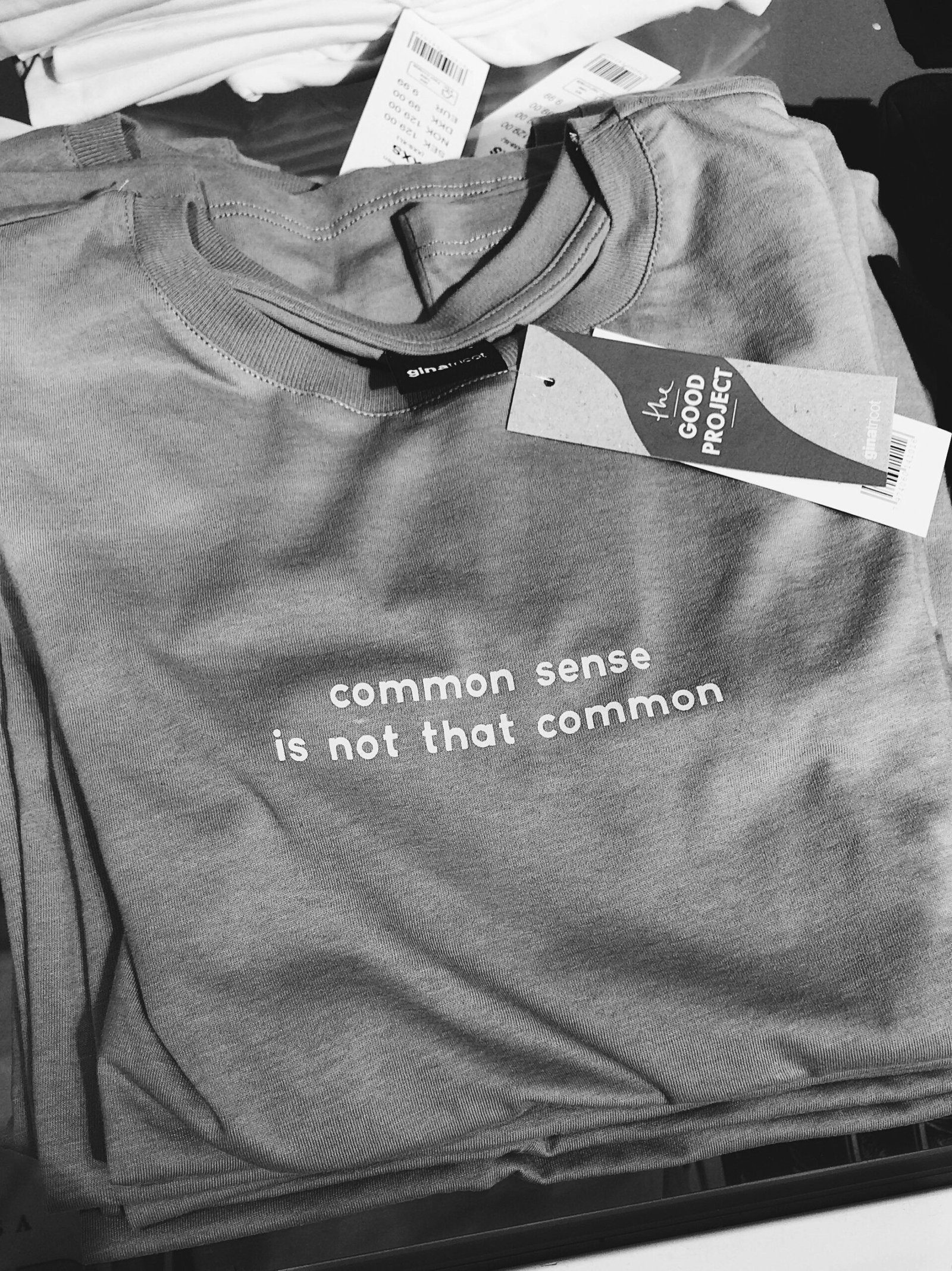
(DISCLAIMER: This article is inspired by the chaotic conditions of the metro city I have lived and contains strong sarcasm. What finally made me write down my anger and frustration was a young man walking in the middle of the road with his chunky headphones…all the while walking into oncoming traffic, his eyes glued to his handheld screen.)
Let’s begin. Shall we?
Have you ever been frustrated by someone’s lack of common sense?
Have you ever wondered if common sense is really so common?
I have.
Many people may share the same sentiment and often complain about the stupidity, irrationality, or ignorance of others.
However, common sense is not as universal or reliable as I used to think.
“IN FACT, EXPECTING COMMON SENSE FROM PEOPLE
HAS ACTUALLY REVEALED
A LACK OF COMMON SENSE ON MY PART.”
Common Sense is Not Innate, But Acquired
One reason why expecting common sense from people may be unreasonable or unrealistic is that common sense is not innate, but acquired through experience, education, and culture.
Therefore, what seems obvious or sensible to me may not be so to someone else who has a different background, perspective, or worldview. (In my case the young lad. He was probably wiser than me!)
For example, if you were taught to respect your elders, you may think that addressing them with honorifics is common sense. However, someone who was raised in a more egalitarian society may not share the same norm and may find it formal or condescending. Remember kids calling people the age of their grandparents, “dude”!
Common sense is not a fixed or universal set of rules.
It’s a relative and subjective construct that varies from person to person, from place to place, and from time to time. Therefore, I have accepted that expecting everyone to have the same common sense as me may be unfair or unrealistic.
Common Sense is Not Always Consistent with Scientific Evidence, Logic, or Reality
Another reason why expecting common sense from people may be illogical or irrational is that common sense is not always consistent with scientific evidence, logic, or reality.
Therefore, what seems reasonable or plausible to us may not be so to someone else who has more knowledge, facts, or data. ( That lad definitely had more data than me!!)
For example, you may think that drinking hot water can cure a cold, because it is a common sense remedy that your grandmother taught you. However, someone who has studied medicine may not agree with you and may point out that there is no scientific evidence to support your claim. He will ask you to pop a pill and be done with it! (Do watch out for the adverse drug reactions of common OTC drugs.)
Similarly, you may think that the earth is flat, because it is a common sense observation that you can see with your own eyes. However, someone who has studied astronomy may not agree with you and may show you that there is ample proof to demonstrate that the earth is round.
Common sense is not always based on rigorous research, sound reasoning, or accurate observation, but often on intuition, tradition, or superstition. Researchers are useless people who have nothing better to do than frame laws and rules all day long! Intuition and Superstition has served the society better than science!
Therefore, expecting everyone to have the same common sense as me, is surely, illogical or irrational.
So maybe, I was wrong in expecting that people should walk on the sidewalks!! Afterall.
Common Sense is Not Always Conducive to Learning, Growth, or Innovation
A third reason why expecting common sense from people may be counterproductive or harmful is that common sense is not always conducive to learning, growth, or innovation. Therefore, what seems practical or efficient to me may not be so to someone else who has more curiosity, creativity, or ambition.
For example, you may think that sticking to your routine is common sense, because it helps you to manage your time and tasks. However, someone who has a more adventurous spirit may not agree with you and may prefer to explore new opportunities and challenges.
Similarly, you may think that following the rules is common sense, because it helps you to avoid trouble and conflict. However, someone who has a more rebellious streak may not agree with you and may seek to question, challenge, or change the status quo. This holds true for the drivers of the particular metro city I dwelled before I decided to move to more civil geographical location. They would drive on the “wrong” side of the road, into oncoming traffic with their headlights flashing like that of an ambulance, their horns blaring as if threatening the normal drivers and their cuss words and threats scaring the daylight off average middle class office goers.
Common sense is not always compatible with innovation, discovery, or progress, but often with conformity, stability, or comfort. Therefore, expecting everyone to have the same common sense as me has proven counterproductive or harmful to me. I have been straining my vocal cords by shouting at every possible person who I now realize had more common sense than me! Damn!
Thats it! I lack common sense!
I, therefore, conclude that expecting common sense from people is not a sign of wisdom, but a symptom of ignorance, bias, or complacency.
It probably has led me to overlook, misunderstand, or dismiss the diversity, complexity, and potential of human nature and behavior.
Instead of expecting common sense from people, I should strive to develop critical thinking, open-mindedness, and empathy. These are the skills that will help me to understand, communicate, and collaborate with others more effectively and respectfully.
As Voltaire said, “Common sense is not so common.”
And I conclude that I absolutely lack common sense (for expecting “everyone” to have at least a sliver of it!)








So true!